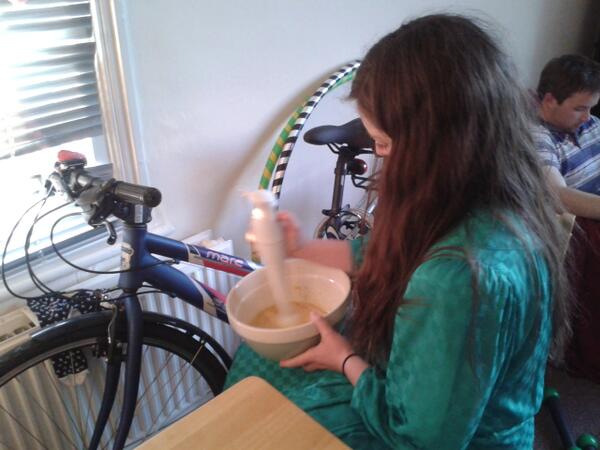I’ve taken a slight break from blogging/reviewing due mainly
to birthday celebrations (fun) and working (not so fun). I also decided to
indulge my Austen addiction for a while and have therefore been spending the
majority of July with my nose buried in Mansfield
Park – so I have been reading at least! I thought I’d take a quick break
before getting stuck into a new book to give my blog a little attention and
review a book I read earlier in the summer.
If you’re a Kevin Brooks fan, you will have some idea of
what you’re in store for with this book – having been writing novels for over a
decade, he is well established as a gritty, frank, and sometimes down-right
disturbing author who tackles controversial, tricky topics in a completely
blunt and realistic way. When I was much younger I read one of his more famous
books – Candy. In hind sight I was probably
slightly too young at the time to fully realise the importance and symbolism of
everything Brooks was getting at in this troubling tale of a young lover caught
up in a drug-fuelled world of prostitution, violence, and control. However, I
did seem to have enough memory of my enjoyment of it to immediately pick up a
copy of The Bunker Diary and rush
home to start it without even reading the blurb. Brooks seems to be one of
those authors that has that addictive effect on me, and I felt like I was
unearthing a former childhood passion I had forgotten all about.
Written in the first person of Linus, a 16 year old who has
run away from his rich but neglectful father to live on the streets, the book
is the diary he keeps whilst being held in captivity in a bunker underground.
He is joined by various other characters throughout the novel whose differing
reactions to and behaviour within their situation as related to us by Linus
really keep the novel captivating and gripping. In such a high pressured
situation no one can be trusted – everyone is a suspect, anyone could be
working for the man upstairs, not even little Jenny can be completely innocent.
For me this is the real hidden gem of the novel – the way in which Brooks
handles and maintains the high-pressured narration and drags us mentally into
the situation which is so far from what we have ever experienced. This
realistic narration never falters, Linus’ transitions from practical escape
plans, to hopeless lamenting, to nostalgic memories, to philosophical thinking
are flawless - both unpredictable and what can only be expected from someone in
this dire position.
The Bunker Diary is
one of those books that you can’t say a huge amount about without giving away
the entire story and ruining it for any prospective reader. However, at the
same time it is left so completely open to speculation that there is really no
ultimate way of ‘spoiling’ it. Brooks forces us as readers to fill in the
blanks, to create our own ending, forcing us into the sick mind-set of the kidnapper.
Without any solid validation, the reader has to consider and imagine motivations
and outcomes whether they like it or not. This is by no means a comfortable
read. After one night of reading it (which got me through about half the book I
might add – an extremely addictive read) I was having nightmares – this is not
for the faint-hearted. I can guarantee you will come out of this read feeling
drained, slightly emotionally empty, and in need of some serious thinking time
to get your head around it all and reach your own conclusions (something I
still haven’t managed to do…).
As depressing as this all sounds, the book is worth it 100%.
From my previous reviews we probably all know by now that I can’t resist a
study on human behaviour in difficult circumstances – but more than that, this
book also compels us to study ourselves as we read it. We are both the authoritative
‘you’ Linus is writing to - raising questions which transcend the novel of how
this diary has been unearthed - and the fly on the wall watching, judging,
sympathising with each character. This book could have gone so completely
overboard on its violence and horror but its subtlety and constant focus on
characters rather than action forces the reader to check himself constantly for
expecting such horror. It is this incredibly consistent technique which makes
the book such a page-turner, and such a genius piece of writing.
Greed Satisfaction Scale: A meal which you can't help but stuff yourself to the brim with for an intense period of time, but beware once you've finished it, the hunger will return worse than ever in an empty starvation that won't be remedied for a good few days.
Read it now: Get it here





.JPG)


